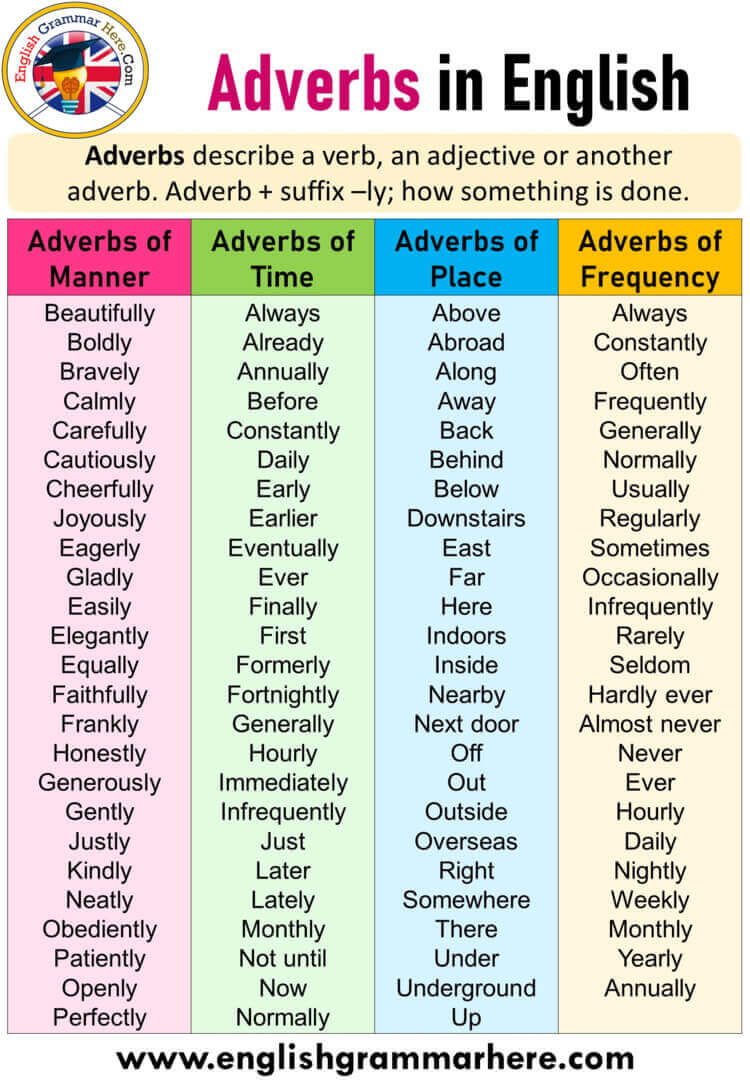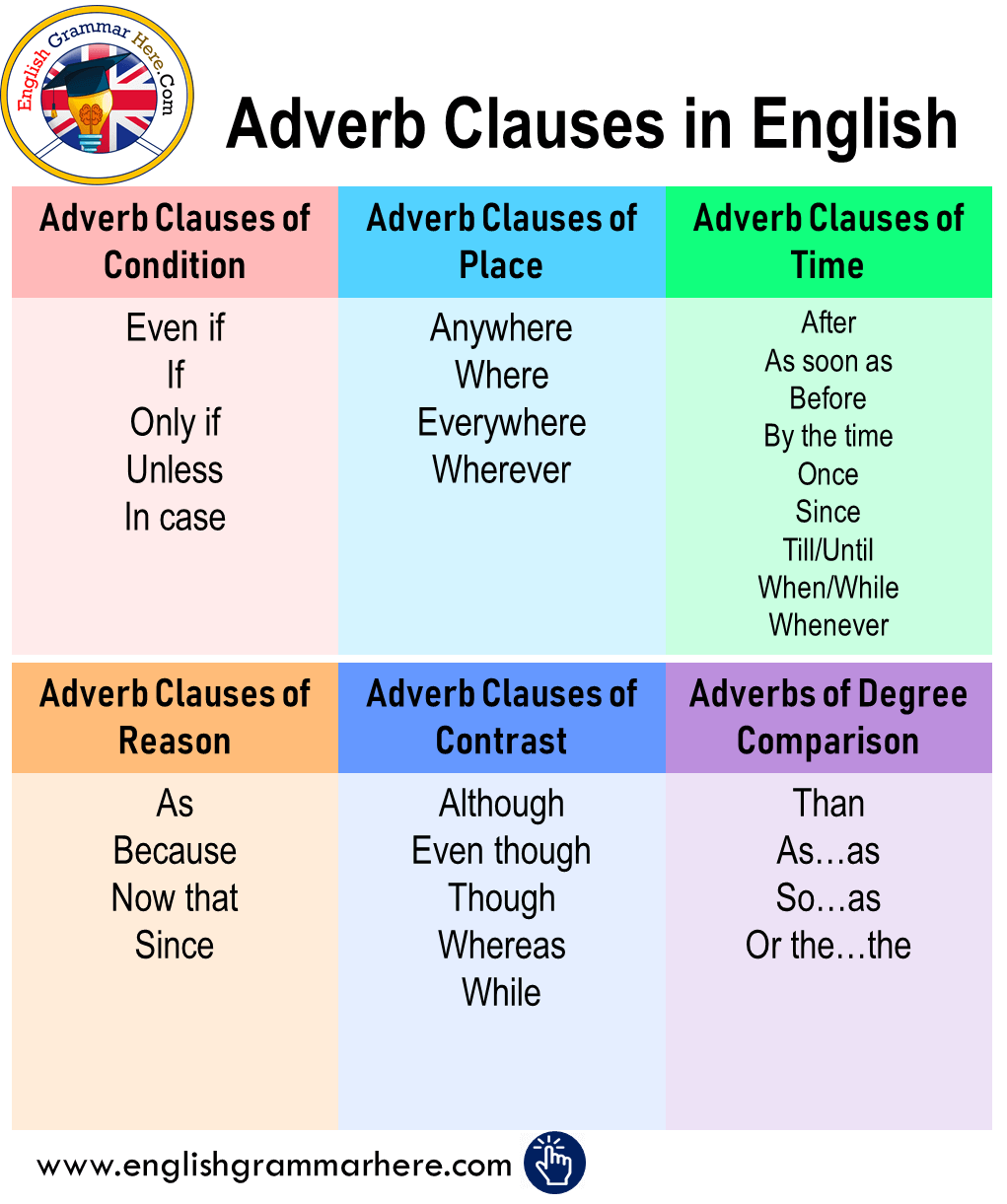Featured
- Get link
- X
- Other Apps
Example Of Adverb Of Time : EduBlog EFL: Adverbs of time. / This article provides plenty of examples.
Example Of Adverb Of Time : EduBlog EFL: Adverbs of time. / This article provides plenty of examples.. Adverbs of time describe when something happens. Putting an adverb that tells when at the end of a sentence is a neutral position, but these adverbs can be put in other positions to give a different. When it is of particular importance to express the moment something happened we'll put it at the start of a sentence. An adverb of time is an adverb that describes when the action of a verb is carried out. Read examples of adverbs of time in these sentences.
She arrived home three hours later. When it is of particular importance to express the moment something happened we'll put it at the start of a sentence. Today, afterwards, in june, last year, finally, before, eventually, already, soon, still, last, daily, weekly, every year. 'yet' is an adverb of time which tells us that something hasn't happened, but it's expected to happen. We usually put them at the end of a sentence, but they can also change position depending on whether the speaker wants to use emphasis.

Adverbs that change or qualify the meaning of a sentence by telling us when things happen are defined as adverbs of time.
#adverbsoftime #englishgrammar #pardhaighar #banomisaalpakistankiin this video we'll discuss about adverbs of time which tell us when an action happened. She arrived home three hours later. Yesterday, the day before, ago, last week/month/year. Adverbs of time in english grammar. Descriptive examples, helpful explanations and these adverbs of time are often used: They answer the question when or how often did the action occur? Today, afterwards, in june, last year, finally, before, eventually, already, soon, still, last, daily, weekly, every year. I was sitting in front of her door all that time. They are a reference to time. Let's learn more about these types of adverbs and explain them with examples. The examples are italicized for easy identification. After already during finally just last later next now recently soon then tomorrow when while and yesterday. Adverbial phrase is a group of words showing when, how long or how often something happens.
The teacher's grammar of english with answers: The bare time adverbs in (28) thus specify that the past time of abdel's departure is contained within the time designated by last year/june 10, 2001. Adverbs of time describe when something happens. Adverbial phrase is a group of words showing when, how long or how often something happens. I'm going to tidy my room tomorrow.

It's used at the end of a sentence, either on its own when.
Now, today, daily, early and soon are all adverbs of time. Putting an adverb that tells when at the end of a sentence is a neutral position, but these adverbs can be put in other positions to give a different. After already during finally just last later next now recently soon then tomorrow when while and yesterday. This article provides plenty of examples. In this study guide, you will learn about these adverbs through real examples. Adverbs of time tell us when an action happened, but also for how long, and how often. However, manner adverbs, frequency adverbs, time adverbs, degree adverbs and place adverbs are the most commonly used. • tomorrow our fortune will be sealed. They are a reference to time. • last year was the finest year of my life. Adverbs that change or qualify the meaning of a sentence by telling us when things happen are defined as adverbs of time. These adverbs can describe how often, how long or when something takes place. Today, afterwards, in june, last year, finally, before, eventually, already, soon, still, last, daily, weekly, every year.
Vocabulary for esl learners and teachers. Adverbs of time are those words which tell us about the time of any action that takes place in the past, present or future.in other words, adverbs of time tell speakers tend to use definite adverbs of time when they have details about the precise time of occurrence of any action. A word that tells the time of an action is called adverb of time. We usually put them at the end of a sentence, but they can also change position depending on whether the speaker wants to use emphasis. .expressions actually represent durations of time (for example, yesterday can refer to any duration of time, however short or long, within these time expressions can refer to a specific point in time, or, probably more commonly, a duration adverbials of probability.

She arrived home three hours later.
Now, today, daily, early and soon are all adverbs of time. .expressions actually represent durations of time (for example, yesterday can refer to any duration of time, however short or long, within these time expressions can refer to a specific point in time, or, probably more commonly, a duration adverbials of probability. In order to avoid complexity, if any situation is not common or important, we often need to. I'm going to tidy my room tomorrow. A word that tells the time of an action is called adverb of time. They answer the question when or how often did the action occur? This article provides plenty of examples. • tomorrow our fortune will be sealed. The teacher's grammar of english with answers: She arrived home three hours later. Adverbs that qualify or change the meaning of a sentence by telling us when things happen are called adverbs of time. What is an adverb of time? #adverbsoftime #englishgrammar #pardhaighar #banomisaalpakistankiin this video we'll discuss about adverbs of time which tell us when an action happened.
- Get link
- X
- Other Apps
Popular Posts
Indian Girl.dance - Beautiful Indian Girl Dancing Mohinyattam Dance Editorial ... / Skip to main | skip to sidebar.
- Get link
- X
- Other Apps
.JPG)
Comments
Post a Comment